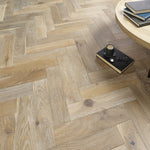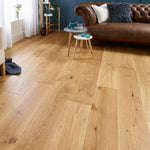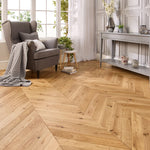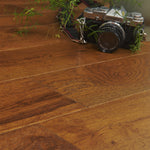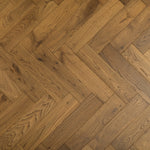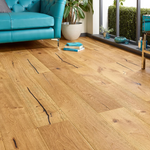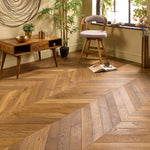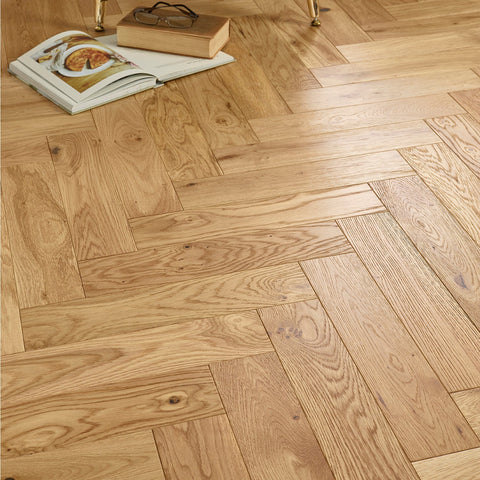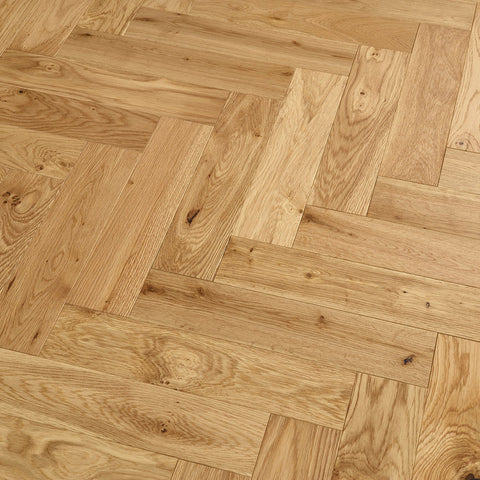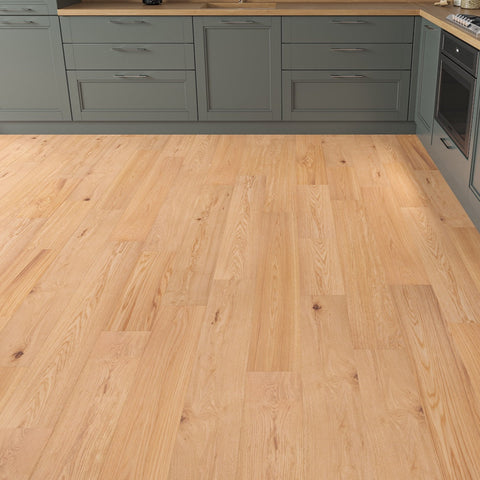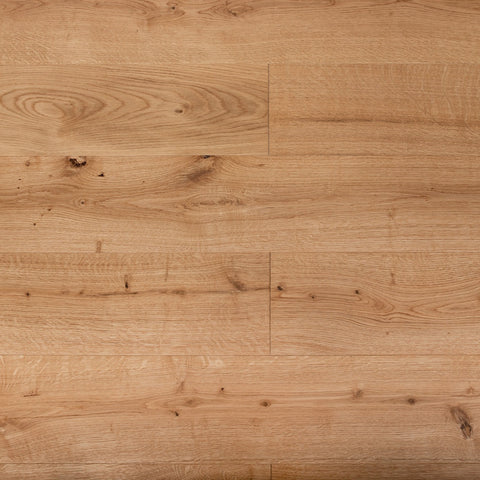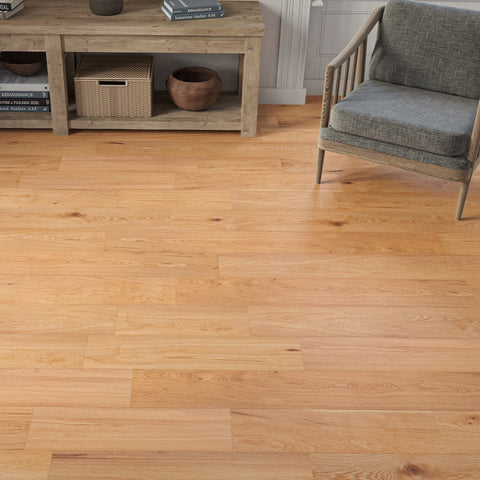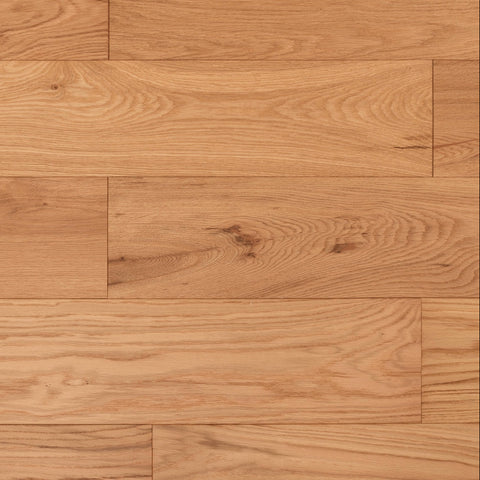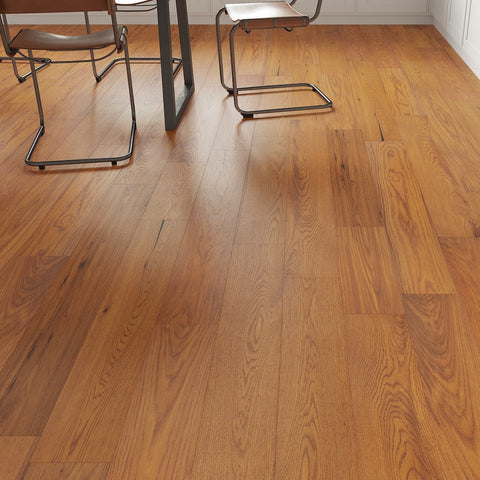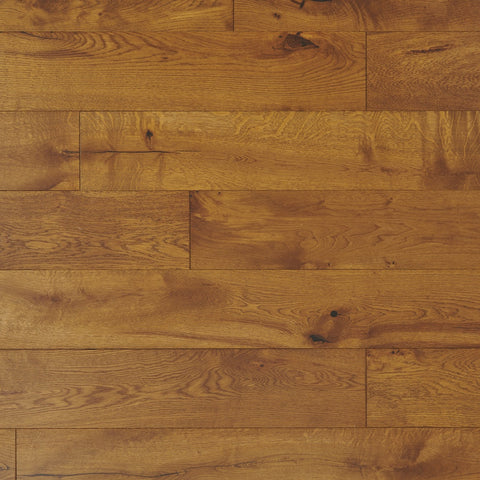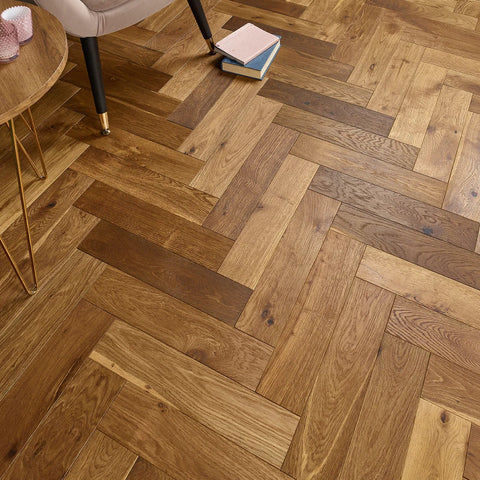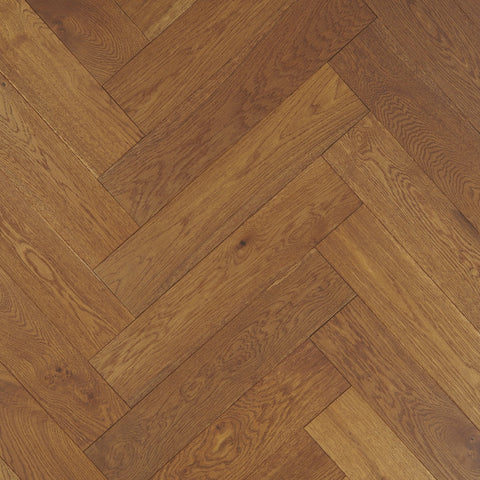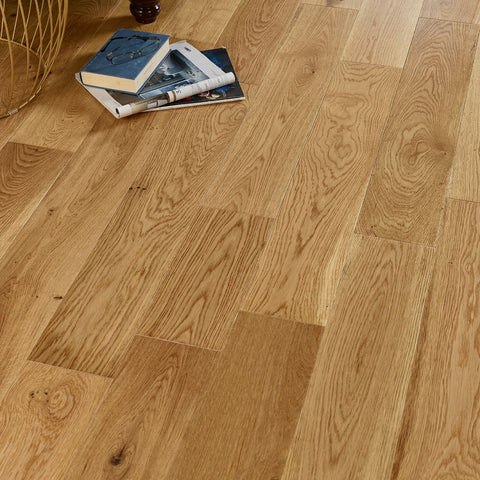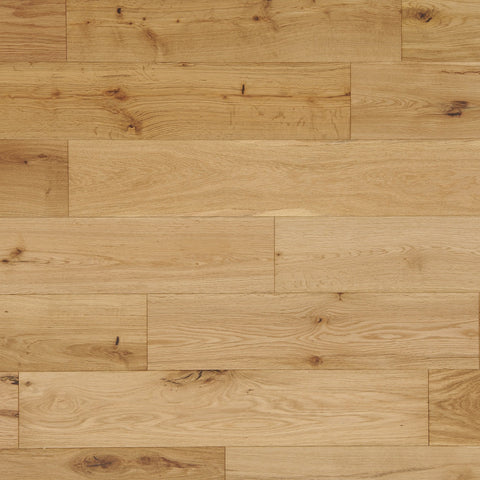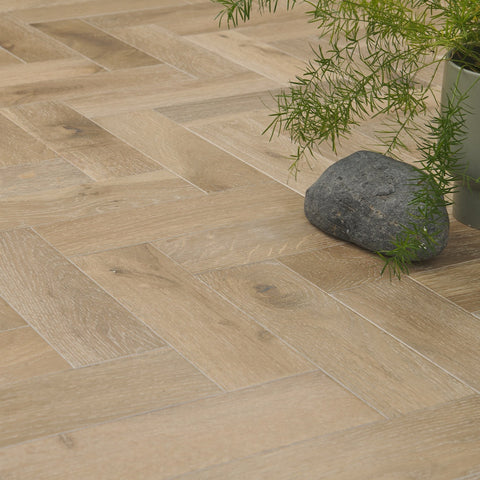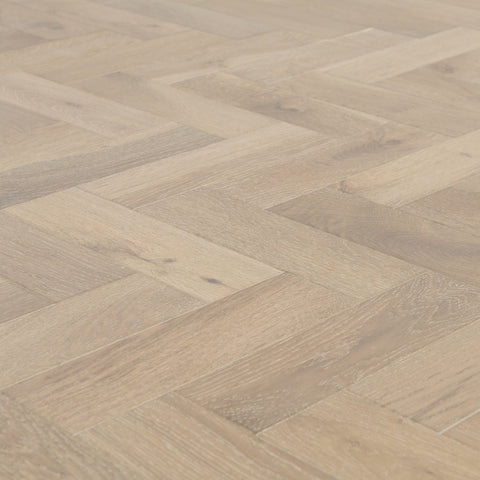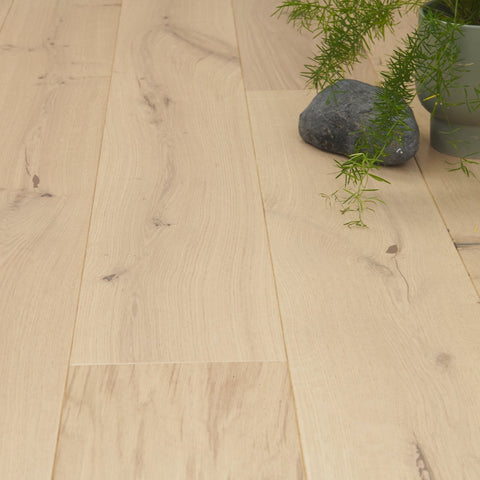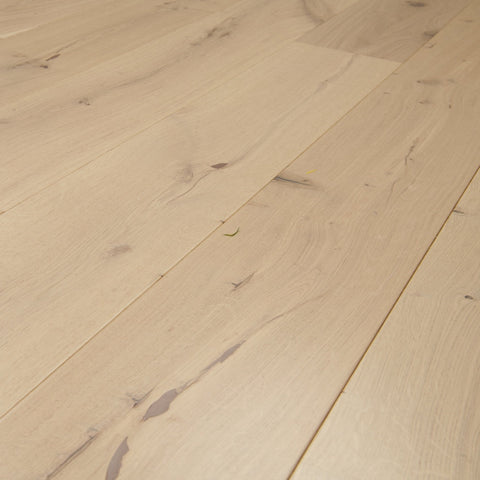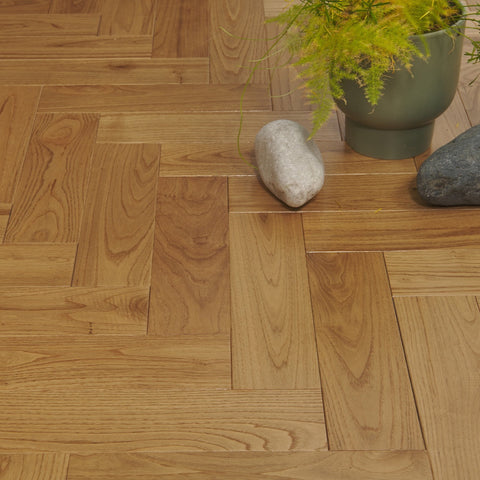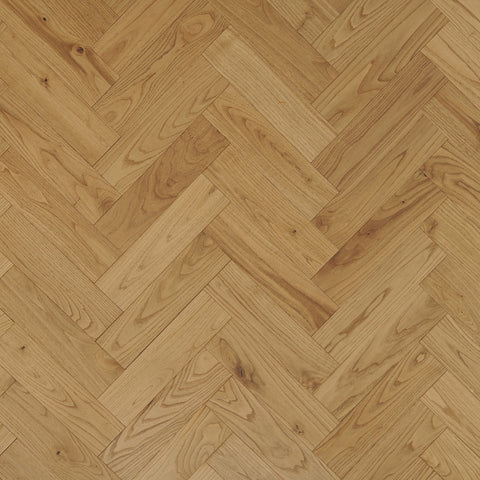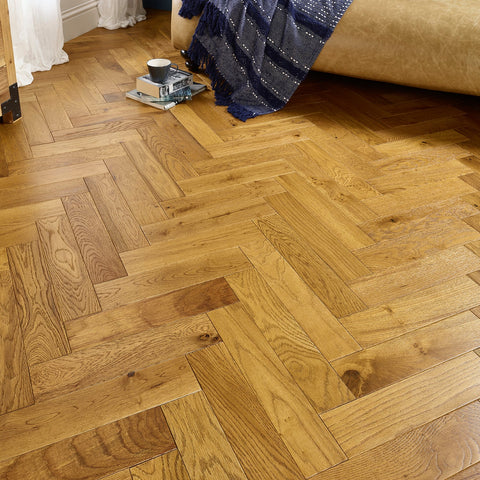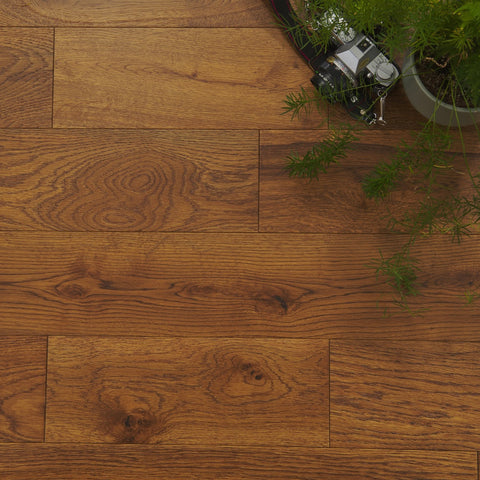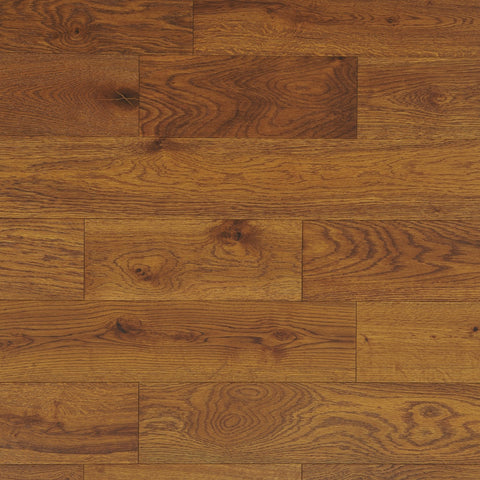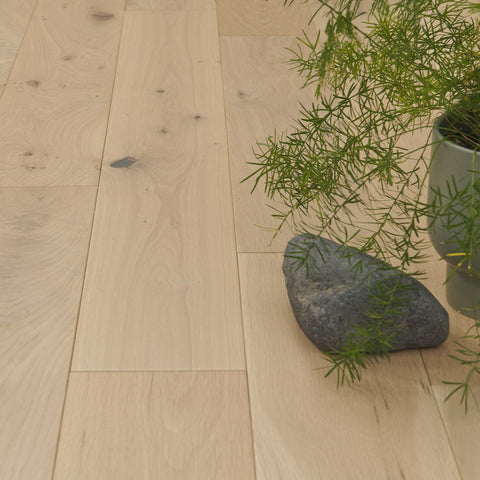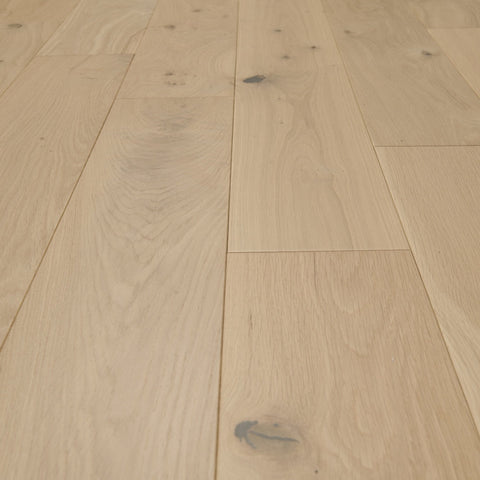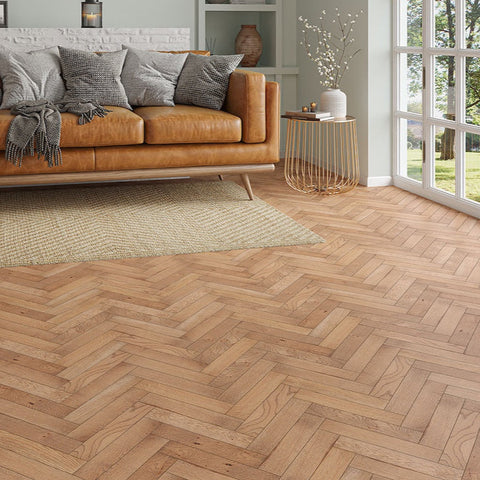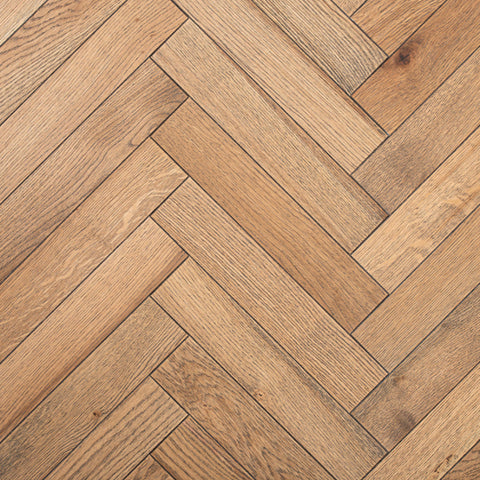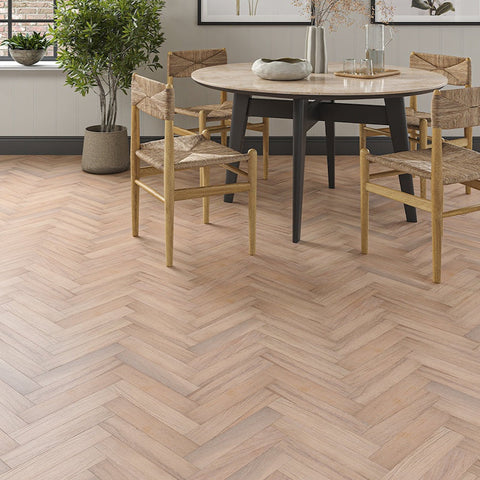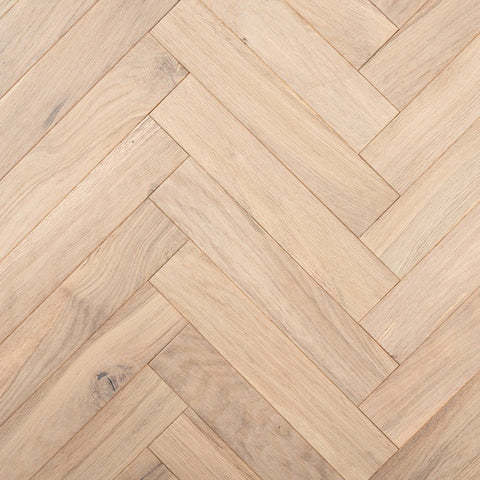Frequently Asked Questions
Where to buy cheap engineered wood flooring in UK?
Cheap engineered wood flooring in the UK can be found at various online retailers, including Stories Flooring, which offers a wide selection of affordable options without compromising on quality.
How durable is engineered wood flooring compared to other types?
The durability of engineered wood flooring is comparable to solid hardwood and often surpasses laminate. Its multi-layer construction provides resilience against wear and tear, making it an excellent choice for high-traffic areas.
What is the difference between engineered and solid hardwood flooring?
The difference between engineered and solid hardwood flooring lies in their construction. Engineered wood consists of a layered structure that enhances stability and is suitable for various environments, while solid hardwood is made from a single piece of wood, offering a traditional aesthetic but less moisture resistance.
What is the difference between cheap and expensive engineered wood?
The difference between cheap and expensive engineered wood lies in the quality of materials, construction, and durability. Higher-priced options often feature better finishes, more robust core layers, and improved resistance to wear and moisture.
Is engineered wood flooring resistant to scratches and dents?
Engineered wood flooring is designed to be resistant to scratches and dents, thanks to its durable top layer and protective finishes. While it offers good resilience, proper care and maintenance will help prolong its appearance and performance.
Is it worth buying cheap engineered wood flooring online?
Buying cheap engineered wood flooring online can be worthwhile if you prioritize affordability and are willing to research quality. Ensure you check reviews and product specifications to find a balance between cost and durability for your needs.
What is the price range of engineered wood flooring in UK?
The price range of engineered wood flooring in the UK typically varies from £20 to £100 per square metre, depending on factors such as quality, brand, and design features.
What are the benefits of engineered wood flooring over solid wood?
The benefits of engineered wood flooring over solid wood include enhanced stability, resistance to moisture, and compatibility with underfloor heating. Additionally, it is often more cost-effective and easier to install, making it a practical choice for many homeowners.
Can engineered wood flooring be installed over concrete subfloors?
Engineered wood flooring can indeed be installed over concrete subfloors. Just ensure that the concrete is dry, level, and properly prepared to guarantee optimal performance and longevity of the flooring.
How to find affordable engineered wood flooring in UK?
Finding affordable engineered wood flooring in the UK involves researching online retailers, comparing prices, and looking for promotions or discounts. Additionally, consider ordering free samples to assess quality before making a purchase.
What are the most popular types of stories flooring materials?
The most popular types of Stories Flooring materials include engineered wood flooring, known for its durability and compatibility with underfloor heating, as well as a variety of styles and finishes that cater to diverse aesthetic preferences.
What are the best brands of engineered wood flooring?
The best brands of engineered wood flooring include well-known names like Quick-Step, Pergo, and Mohawk, which are recognised for their quality, durability, and compatibility with underfloor heating, making them ideal choices for various spaces.
How to maintain engineered wood flooring longevity?
Maintaining the longevity of engineered wood flooring involves regular cleaning, avoiding excessive moisture, and using protective pads under furniture. Additionally, reapplying a suitable finish can enhance durability and appearance over time.
Can engineered wood flooring be refinished easily?
Engineered wood flooring can be refinished, but it is generally less straightforward than solid wood. Depending on the thickness of the top veneer, it may be refinished once or twice to restore its appearance.
What styles of engineered wood flooring are available?
The available styles of engineered wood flooring include a variety of finishes, colours, and textures, allowing you to choose from sleek modern designs to traditional rustic looks that suit any interior decor.
How does engineered wood flooring affect home value?
Engineered wood flooring can positively affect home value by enhancing aesthetic appeal and offering durability. Its compatibility with underfloor heating and ease of installation make it an attractive option for potential buyers, ultimately increasing market desirability.
What thickness is ideal for engineered wood flooring?
The ideal thickness for engineered wood flooring typically ranges from 14mm to 20mm. This thickness ensures durability, stability, and compatibility with underfloor heating systems, making it a suitable choice for various environments.
Are there eco-friendly options for engineered wood flooring?
Eco-friendly options for engineered wood flooring are available, featuring sustainably sourced materials and low-VOC finishes. These options not only reduce environmental impact but also ensure a healthier indoor air quality for your home.
How to install engineered wood flooring on stairs?
Installing engineered wood flooring on stairs involves measuring the stair treads, cutting the flooring to size, and securing it with adhesive or nails. Ensure proper alignment and finish with stair nosing for a polished look.
What are common issues with engineered wood flooring?
Common issues with engineered wood flooring include susceptibility to moisture damage, scratching, and denting. Additionally, improper installation can lead to gaps or buckling, making it essential to follow guidelines and maintain the flooring properly.
How does humidity affect engineered wood flooring?
Humidity affects engineered wood flooring by causing it to expand or contract. High humidity can lead to swelling, while low humidity may result in gaps between planks, impacting both appearance and performance. Proper acclimation and maintenance are essential.
Can I use engineered wood flooring in kitchens?
Engineered wood flooring can be used in kitchens. It is designed to withstand moisture better than traditional hardwood, making it a practical choice for this space, especially when properly maintained.
What is the lifespan of engineered wood flooring?
The lifespan of engineered wood flooring typically ranges from 20 to 30 years, depending on the quality of the materials, maintenance, and environmental conditions. Proper care can extend its durability significantly.
How to clean engineered wood flooring effectively?
Cleaning engineered wood flooring effectively involves using a damp mop with a mild cleaner specifically designed for wood surfaces. Avoid excessive water and harsh chemicals to maintain the floor's finish and longevity.
What are the installation costs for engineered wood flooring?
The installation costs for engineered wood flooring can vary widely based on factors such as the size of the area, the complexity of the installation, and local labour rates. Generally, you can expect costs to range from £10 to £30 per square metre.
Is engineered wood flooring suitable for underfloor heating?
Engineered wood flooring is indeed suitable for underfloor heating. Its construction allows for effective heat transfer, making it an excellent choice for homes with this heating system.
What colours are trending for engineered wood flooring?
The trending colours for engineered wood flooring include warm neutrals like beige and taupe, along with cool greys and rich, dark tones such as walnut. These shades enhance versatility and complement various interior styles.
How to choose the right underlay for engineered wood?
Choosing the right underlay for engineered wood involves considering factors like thickness, moisture resistance, and sound insulation. Opt for an underlay that complements your flooring's specifications and enhances comfort and performance, especially if underfloor heating is used.
What are the advantages of engineered wood flooring?
The advantages of engineered wood flooring include its compatibility with underfloor heating, enhanced stability against moisture and temperature changes, and ease of installation, all while offering a stylish and affordable flooring solution.
Can engineered wood flooring be installed in basements?
Engineered wood flooring can be installed in basements. Its construction makes it more resistant to moisture compared to solid wood, making it a suitable choice for below-grade applications when proper precautions are taken.
